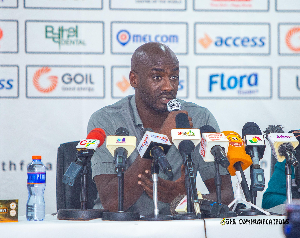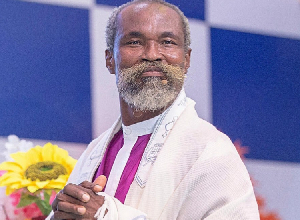A financial consultant, Sydney Casely-Hayford, has suggested that Ghana’s education sector be handled by the private sector, since, according to him, that sector is better placed to hire the best teachers.
Casely-Hayford’s suggestion comes on the heels of the release of the May/June West African Senior School Certificate Examination (WASSCE) results which revealed that out of the 242,162 candidates who wrote the examination, only 68,062 representing 28.11 per cent qualified for tertiary admission.
Close to 2,000 others also had subject results cancelled.
Also a report carried out by the Assessment Services Unit (ASU) commissioned by the Ghana Education Service (GES) revealed that 98 percent of primary two pupils in basic schools can neither read nor understand English or any Ghanaian language properly.
Speaking on Citi FM’s Saturday news analysis programme, Casely-Hayford noted that students would be properly taught and better equipped if the country’s education system is handled by the private sector.
But the Vice-President of the National Association of Graduate Teachers (NAGRAT), Angel Cabonu, says leaving the private sector in charge of Ghana’s education is not the solution, since over 90 percent of students who make it to the universities are from public schools while 90 percent of students who make it to the secondary schools are from the private schools.
Cabonu says a reduction in the number of subjects studied in basic schools might help to arrest the falling standards.
“I agree with people who say that the number of subjects we do in the basic schools is too much. How many periods are allotted to reading on the kids’ timetable from class 1 to class 6?”
He added that much time must be allotted to kids on their timetable in order to improve their reading skills, which would help in improving the education standards in the country.
“If kids do not get their reading skills at the early stage, they are lost in the race of studying. In reading class, you need to have time and it will have to occur very frequently for the children to come to terms with the various words.”
General News of Sunday, 7 September 2014
Source: starrfmonline.com

















